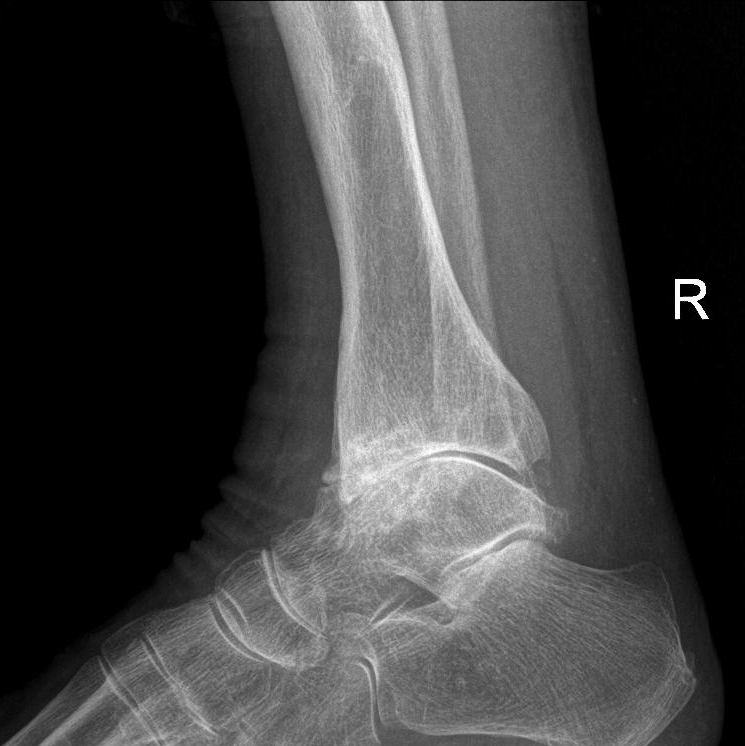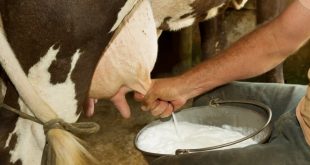Osteoarthritis is a very nasty illness. It is characterized a breakdown in the cartilage that acts as the cushion between our joints. This results in significant pain for sufferers. Up until now there has been nothing that can help build the cartilage back up but a new study has given Osteoarthritis suffers some hope. Scientists believe that the extract of Bbown algae could help to fight Osteoarthritis.
Osteoarthritis is incredibly common
Osteoarthritis is currently considered to be one of the most common joint diseases in America. In the United States alone it’s estimated that it affects over 30,000 individuals. Generally it only manifests later in a suffers life. The symptoms include reduced mobility and painful joints.
There is no known cure for Osteoarthritis. As such all treatments focus upon managing the symptoms of the illness. This includes options such as prescribing painkillers and physical therapy. Treatment also focuses on preventing weight gain due to reduced mobility, which would only further compound the problems called by Osteoarthritis. In serious cases surgery is required in order to replace severely damaged joints.
A recent study released in the Biomaterials science journal offers some hope that there may be a cure. The researchers behind the study, Prof. Marcy Zenobi-Wong, from the Eidgenössische Technische Hochschule (ETH), and Dr. Katharina Maniura, from Empa believe that the key lies in brown Algae. Their findings suggest that this algae could help to fight Osteoarthritis in the future
The Extract of Brown Algae could help to Fight Osteoarthritis
The study found that extract from the Algae “stem” called Laminaria hyperborea has the potential to put an end to cartilage degradation. The properties of these so called Tangles bear a remarkable resemblance to extracellular cartilage modules.
Experiments were conducted on sulfated alginate derivatives in order to determine how they would react with a number of different cell structures. The results were very promising. The team discovered that the alginate sulfate had strong antioxidant properties. This means that they could theoretically help to prevent cell death by countering oxidative stress.

The scientists also discovered that the alginate sulfate was able to regulate inflammatory triggers at a cellular level. They even helped to reduce inflammatory reactions in chondrocytes. These immune cells that eat cellular debris and foreign bodies.
These results are exciting because they suggest that the extract of Algae could help to fight Osteoarthritis. The strong antioxidant and anti-inflammatory properties of the alginate sulfate means that it could slow or even completely stop the deterioration of cartilage. This would help to prevent the worsening of Osteoarthiritis in current sufferers and prevent it even occurring in the first place.
The study is especially exciting because it is one of the first real studies into a cure that targets the disease rather than the symptoms. The scientists propose that the alginate sulfates could be injected directly into the affected joints where they would then be able to slow or prevent the onset of Osteoarthritis. This affordable solution could provide significant relief for suffers by addressing the source of the problem rather than simply managing the symptoms.
As exciting as they are, the results are very preliminary
Sadly it seems as though it will be a number of years before Algae can start fighting Osteoarthritis. The study is in very early stages and will have to pass through a number of steps before clinical trials can even be considered.
The next step is to duplicate the results in the real world. Thus the scientists want to move on to testing whether algae could help to fight osteoarthritis on animals. If they manage to duplicate the results then they would be able to move on to clinical trials. Assuming the scientists are successful then the treatment should be available within the next few years.
It might be a long uncertain wait but the results are highly promising and a focus on the disease rather than the symptoms has long been needed.
 Tech Gadget Central Latest Tech News and Reviews
Tech Gadget Central Latest Tech News and Reviews




